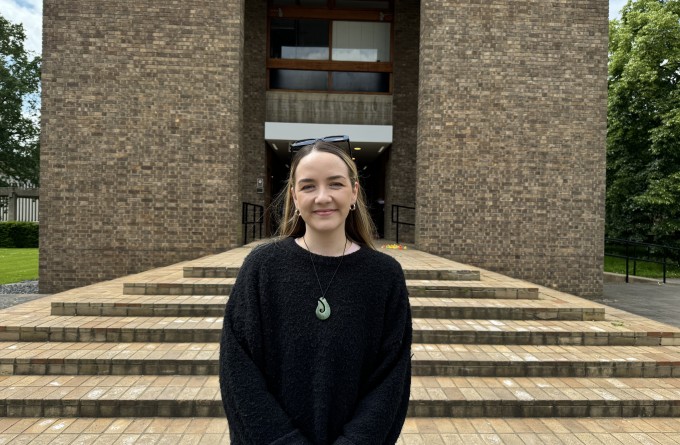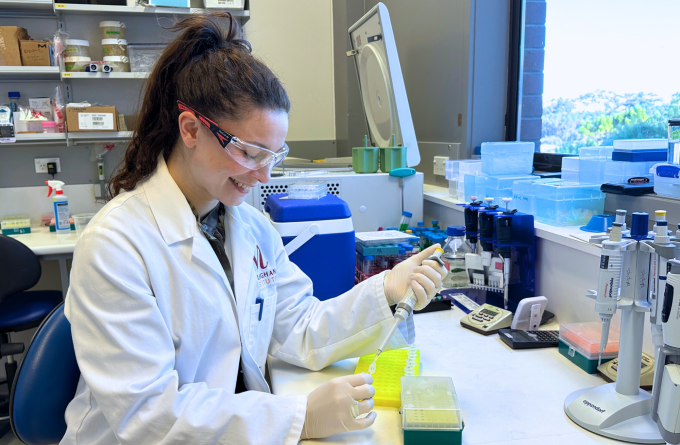22 December 2022
A clinical study investigating immune responses to the Pfizer-BioNTech vaccine in New Zealanders has demonstrated the importance of a booster vaccination on immunity to SARS-CoV-2 Omicron variant infections.

The Ka Mātau, Ka Ora study is the largest evaluation of COVID-19 vaccine immune responses in New Zealanders, focusing on some of the populations at higher risk from COVID-19, such as Māori, Pasifika, the elderly and those with comorbidities.
The latest data shows a first booster dose significantly improves the ability of vaccine-induced immune responses to neutralise viral variants, including Omicron, across all demographic groups, following a period of waning immunity after a second dose.
“The results are a clear call to action to the nearly one million New Zealanders eligible but yet to get their first booster,” says Dr Maia Brewerton, Clinical Director of Vaccine Alliance Aotearoa New Zealand – Ohu Kaupare Huaketo (VAANZ) which led the study.
“Vaccination continues to be one of the best tools we have for protecting ourselves and our whānau from getting really sick from COVID-19. But two doses isn’t enough – at least one booster dose is key against Omicron, particularly for people vulnerable to more severe COVID-19 disease, including our Māori and Pasifika populations.”
Dr Brewerton says the study also demonstrated the difference a booster dose can make for people with type-2 diabetes, with participants with diabetes experiencing a four-fold increase in antibody levels after a booster dose compared to a two-fold increase seen in participants without diabetes.
“For people with type-2 diabetes, the booster corrects the deficiencies in antibody levels we were seeing compared to the general population after only two doses of the vaccine,” she says.
Age remains a factor in level of response to a booster vaccination with older populations having a reduced but adequate overall response compared to younger groups, but still demonstrating an improvement in immune response.
Initial results from the Ka Mātau, Ka Ora study, published in April, showed near universal strong immune responses to the vaccine in participants after two doses, but an absence of neutralising capacity against Omicron. The latest results sought to evaluate the effect of a third (booster) dose, with samples collected 28 days after participants received their first booster.
Dr Brewerton says with less than 6% of participants testing positive for prior infection with SARS-CoV-2, the study gives unique and important insight into vaccination response in a largely COVID naïve population.
“Our data shows that a booster was and remains crucial without natural infection and hybrid immunity, to produce a neutralising response against Omicron regardless of age, BMI, ethnicity, or presence or absence of diabetes. This is particularly important for those vulnerable New Zealanders who have managed to avoid COVID-19 so far.”
Ongoing research as part of the Ka Mātau, Ka Ora study will monitor the difference seen in the immune response as participants develop infection-induced or hybrid immunity and as new variants arise.
“With variants becoming more transmissible and established in the New Zealand population, there is still more valuable data to come,” says Dr Brewerton.
Related articles

As easy as breathing: the future of vaccines
31 October 2024

As easy as breathing: the future of vaccines
31 October 2024

Fever: too hot to handle or the body's first line of defence?
22 August 2024

Rejuvenating the ageing immune system
17 July 2024

Kia Niwha Leader Fellowship for Malaghan vaccine researcher
6 May 2024

Mapping the lung's fight – how the entire organ responds to infection
18 April 2024
